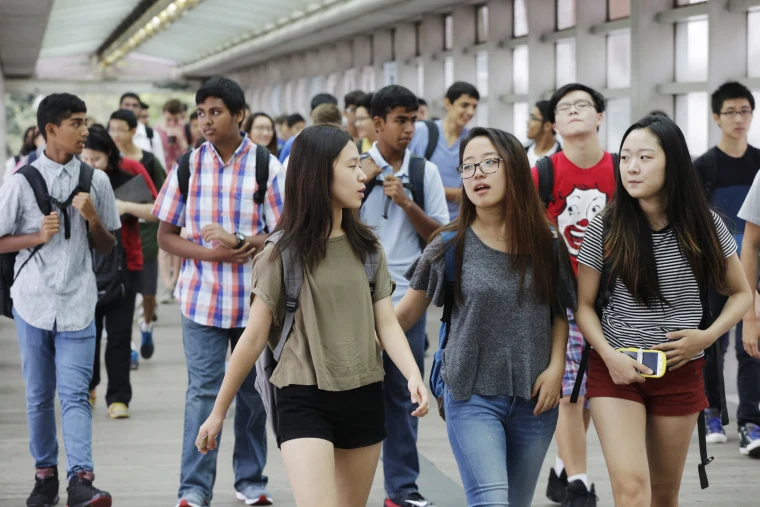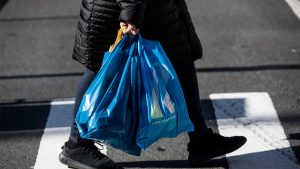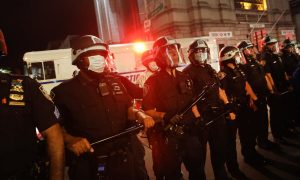
Opinion: New York State Must Hold Nonpublic Schools Accountable on Secular Education
‘New York State allows millions of dollars to flow into private schools without any measures to ensure students actually receive a secular education. New legislation aims to fix this issue.’

Jeanmarie Evelly
Governor Hochul’s Fiscal Year 2023 executive budget allocates a whopping $295 million for nonpublic schools. Despite this investment, New York State has very little oversight of nonpublic schools and the quality of their education. There is a common misunderstanding that all nonpublic schools offer superior education and require little supervision, but this isn’t always true.
In New York City, it is an open secret that there are ultra-Orthodox Hasidic yeshivas, specifically boys’ schools, that fail to provide students with a basic education in secular topics. Students’ days are dedicated to religious studies, with English and math crammed into 90 minutes at the end, and other subjects such as history and science wholly absent. By high school, some students don’t receive any secular education at all.
As a result, there are students who spend their whole lives in New York but are excluded from an education in English and the aforementioned subjects, impacting their ability to have an independent future. Their testimonies are heart wrenching.
New York City launched an investigation into some of these schools in 2015. In 2019, the Department of Education released a letter that announced 26 of 28 schools investigated were noncompliant, but over two years later, they claim the investigation is still ongoing. In the meantime, New York State allows millions of dollars to flow into private schools without any measures to ensure students actually receive a secular education. New legislation aims to fix this issue.
The state constitution guarantees every child in New York the right to a secular education. There is a longstanding mandate that nonpublic schools must offer an education that is “substantially equivalent” to the education public schools offer. The Right to Learn bill would require all nonpublic schools to certify that they meet substantial equivalency in order to receive state funding or reimbursements. Schools that cannot certify and prove that they meet substantial equivalency won’t receive any funding.
This legislation would make nonpublic schools accountable for educating students and allow the state to protect students from educational neglect. It would also supplement substantial equivalency regulations the New York State Education Department is currently developing. It is a common-sense way to ensure nonpublic schools fulfill their duty to educate students.
It is a travesty that this issue has been ignored and enabled for so long, and it is time for both the city and state to step up and protect the educational rights of Hasidic students. New York City must release the full findings of its yeshiva investigation without further delay, and the state legislature must expediently pass the Right to Learn bill.


